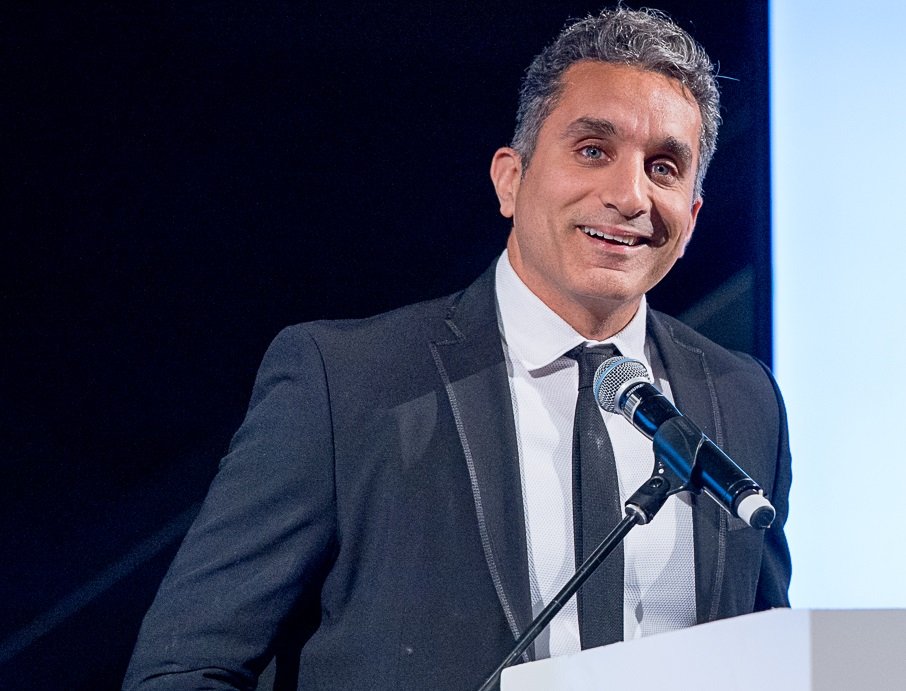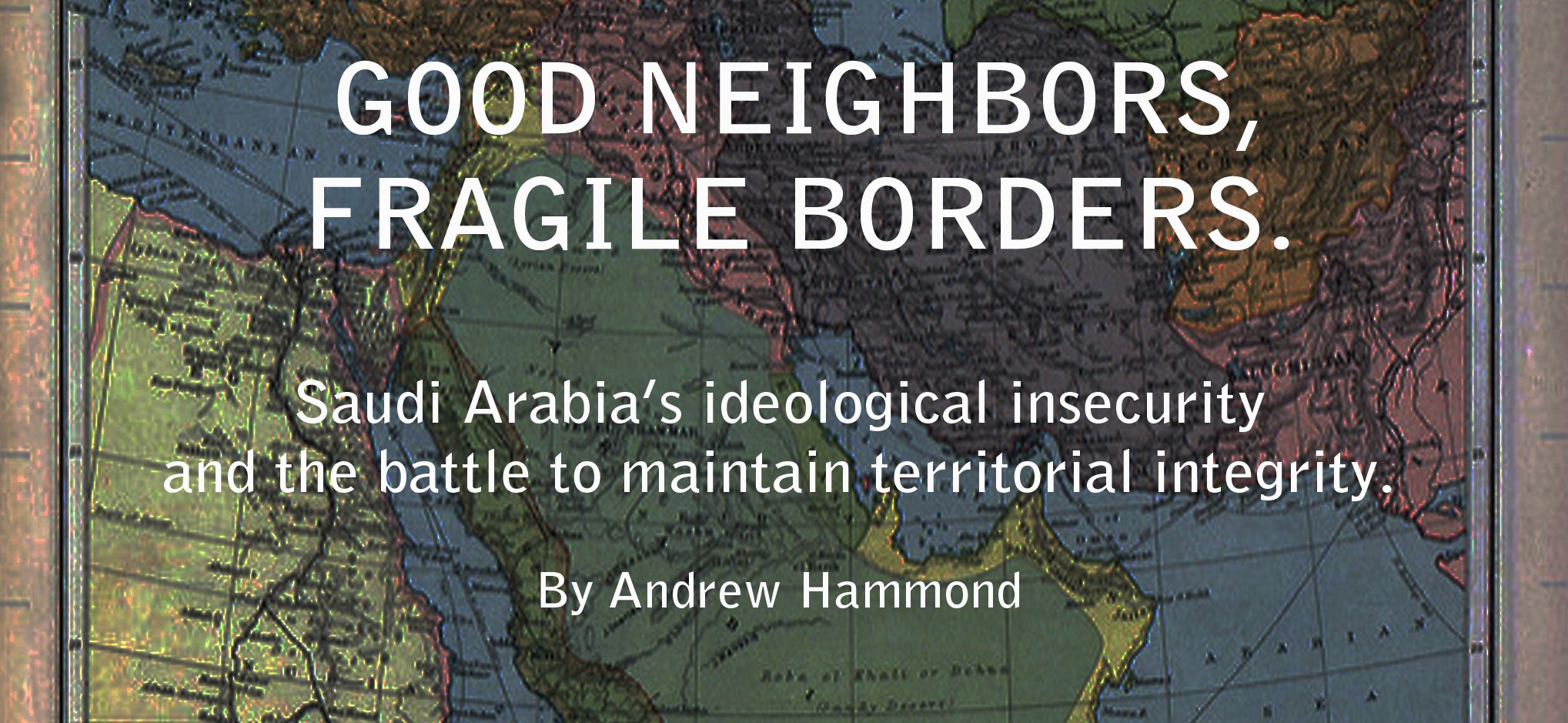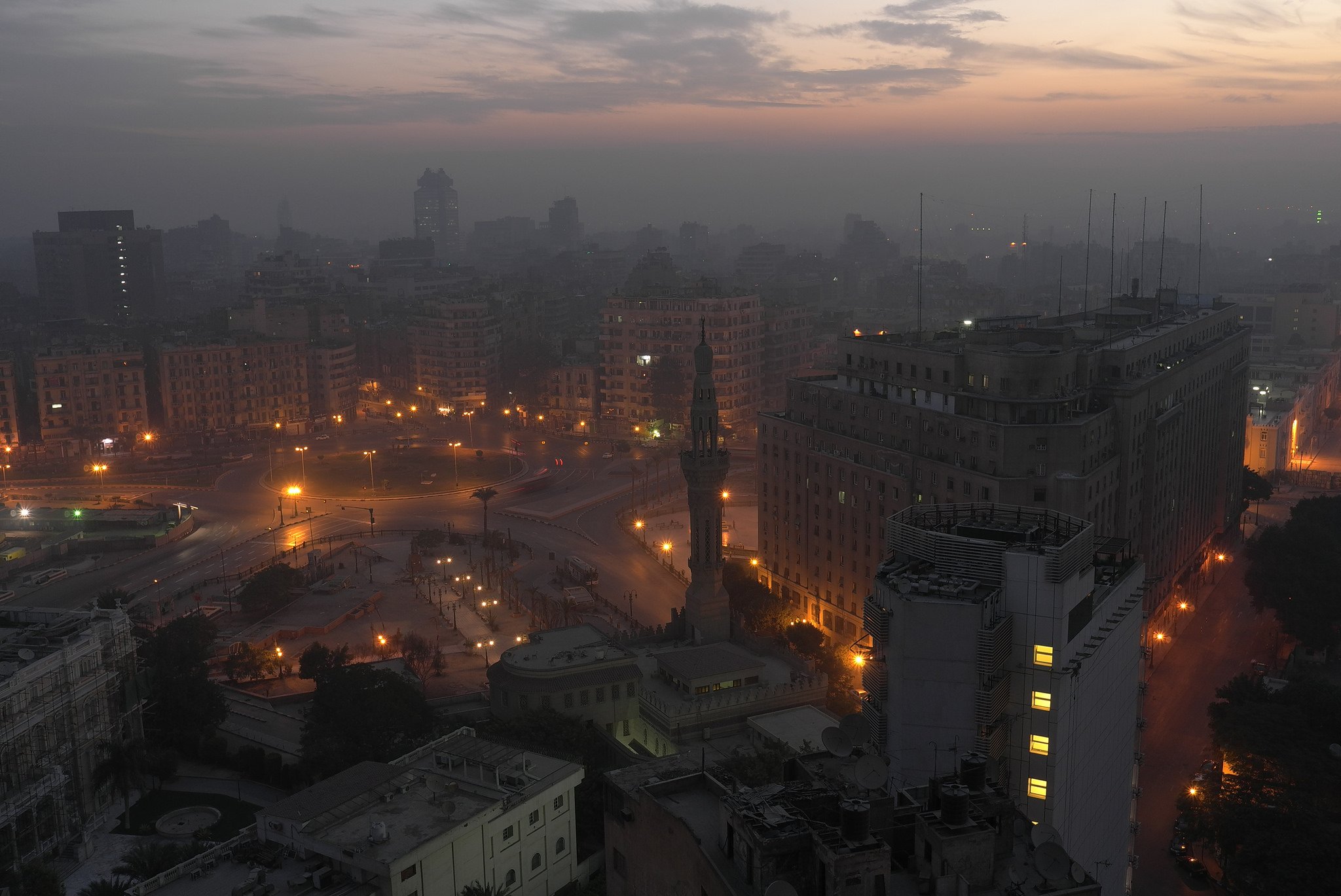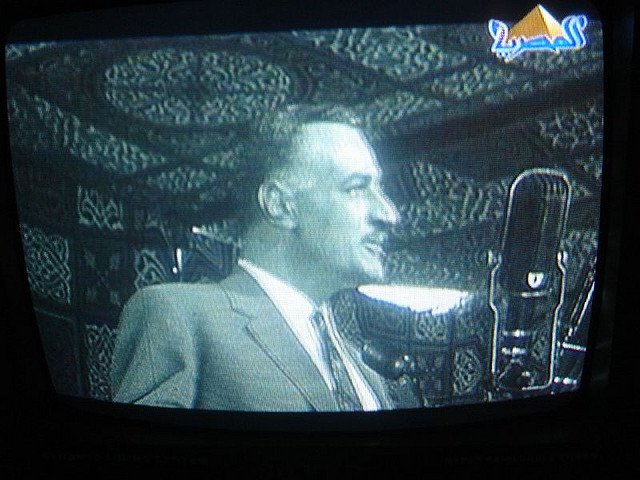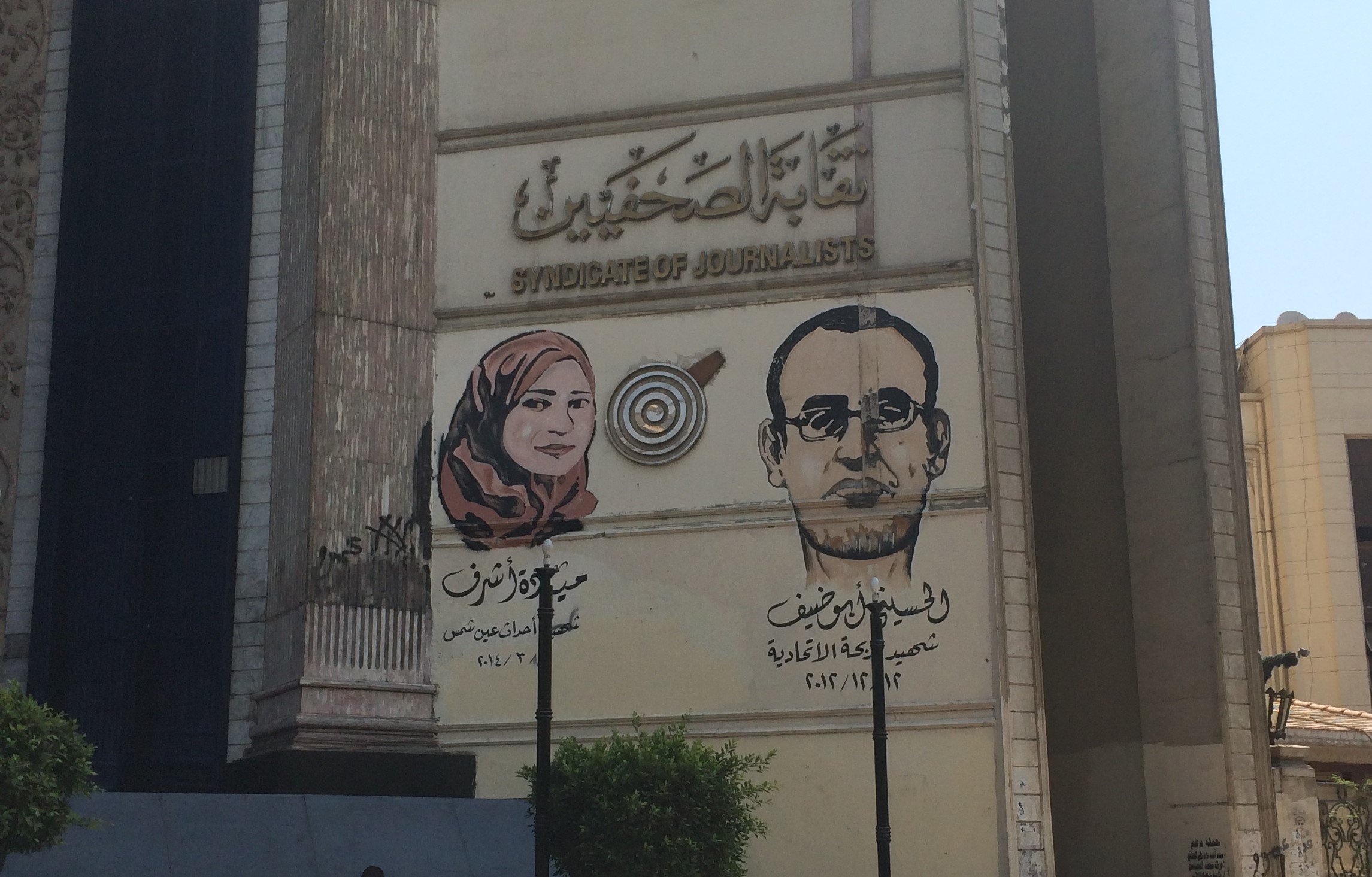February 3, 2016—“One of two Egyptian music idols has just returned from Dubai, the other from Germany, to shoot a video for a duet sung in praise of a Cairo that they cannot actually stand living in,” wrote a young Egyptian dentist in a Facebook post that was shared more than 7,600 times and liked by 26,000 people as of Wednesday.
Read More »Egypt’s Bassem Youssef to Host Satirical Show on U.S. Politics
February 3, 2016—American media company Fusion and the office of Bassem Youssef announced on Sunday that the Egyptian heart surgeon turned award-winning television show host will be working with the network.
Read More »Good Neighbors, Fragile Borders
Protect your borders – one critical lesson of the Syrian war that Saudi Arabia is taking close to heart. The Syrian regime proved lethally effective in the art of crushing internal dissent. Its use of informal militias among multiple agencies of security and military, its Arab nationalist propaganda, the projection …
Read More »Egyptian Cartoonist Released Without Charges
February 1, 2016—After questioning this morning, Egyptian prosecutors ordered the release of Islam Gawish the day after his arrest. No charges were filed against him. (Aswat Masriya)
Read More »Egyptian Cartoonist Arrested at his Office
January 31, 2016—Egyptian cartoonist Islam Gawish was arrested today while working in the Egypt News Network offices. The official cause for the arrest remains unclear, but a source inside Cairo's Security Directorate has told Aswat Masriya the reason.
Read More »Human Rights Organizations and Public Figures Call for Release of Egyptian Writer
January 30, 2016—Dozens of public figures and organizations called for the "immediate release” of writer Hesham Gafaar today, marking the passing of 100 days since his arrest.
Read More »Egyptian Prosecutors Look Into Prank on Police
January 26, 2016—Egyptian prosecutors are looking into a complaint filed against an actor and a correspondent for a TV comedy show over a video in which they played a prank on policemen.
Read More »Arab Media: From Decolonization to Arab Spring
Arab media has been a powerful tool in the hands of Arab states since the decolonization period. The Nasser regime used radio, television and print media to mobilize support for Egypt’s Non-Aligned and Pan-Arab foreign policy, and apply methods of mass media propaganda developed in Europe, establishing a model for …
Read More »Egyptian Parliamentary President Claims that Journalist Ban Resolved
January 18, 2016—Ali Abdel Aal said on Monday that a "problem" regarding 12 journalists that were prevented from entering the House of Representatives on Sunday has been resolved and that the reporters were able to proceed with their work.
Read More »PODCAST | Media Ethics & Migration: From Beirut to American Bombast
Veteran journalist Magda Abu-Fadil speaks with us about how the migration crisis has been covered in Lebanese media and beyond, and issues of media ethics in the Arab world. Magda Abu-Fadil brings years of experience as a foreign correspondent and editor with international news organizations such as Agence France-Presse and United Press International. She is director of Media Unlimited.
Read More » Arab Media & Society The Arab Media Hub
Arab Media & Society The Arab Media Hub

